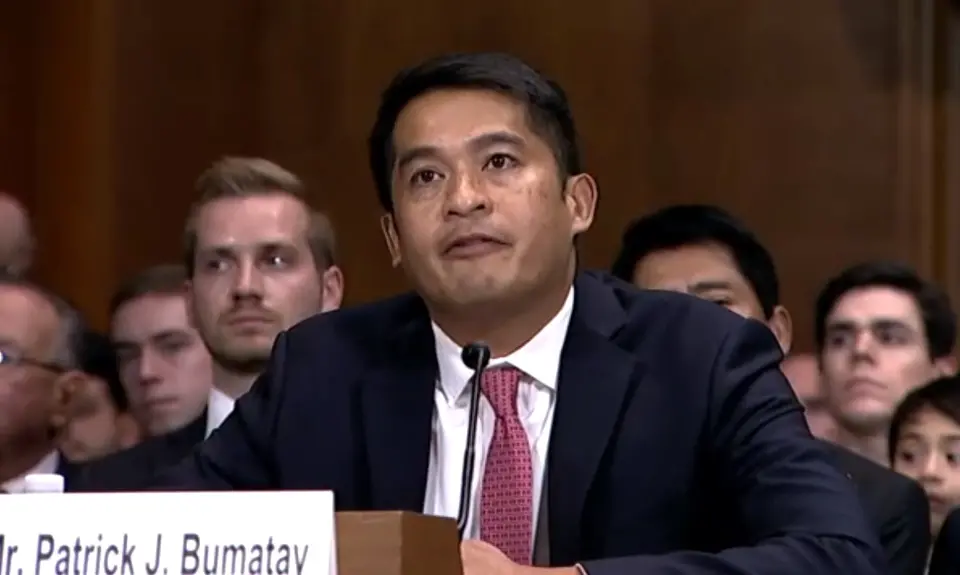“Confirmed Judges, Confirmed Fears” is a blog series documenting the harmful impact of President Trump’s judges on Americans’ rights and liberties. Cases in the series can be found by issue and by judge at this link.
After Wayne Black filed a discrimination complaint against his employer, the company fired him. Black sued for unlawful retaliation. Despite the evidence he planned to present to a jury, the district court judge dismissed his case before trial. Trump judge Patrick Bumatay would have upheld that decision in a dissent in the July 2020 Ninth Circuit case of Black v. Grant County Public Utility District (PUD).
To advance to trial, Black was required at the very least to present enough evidence to suggest a causal link between his complaint and his being fired. The burden then shifted to the PUD to present a legitimate reason for its action, which it did: It claimed it fired Black because he had engaged in time-sheet fraud. The burden then shifted to Black to present enough evidence to persuade a hypothetical jury that the employer’s supposed reason was merely a pretext.
To do this, Black pointed to the fact that his alleged misconduct had been reported to supervisors years earlier, yet the PUD had not launched an investigation or disciplined him in any way. The panel majority ruled that Black had met his burden and should therefore be allowed to present his case to trial.
But Judge Bumatay disagreed, arguing that “no reasonable juror” could believe that the employer’s stated justification was a pretext. In his dissent, he cited the seriousness of the “scheme” the PUD stated its investigation uncovered.
The court majority observed that Bumatay “seem[ed] to give the PUD the benefit of the doubt at each turn, rather than draw all inferences in Black's favor, as we must” when considering a request for summary judgment (dismissal before trial). Bumatay’s focus on the results of the investigation “ignore[d] the PUD’s disparate responses before and after Black’s protected activity.” The panel’s opinion concluded:
Faced with two competing narratives, each supported by evidence, we conclude that summary judgment was not appropriate on Black's retaliation claims.
